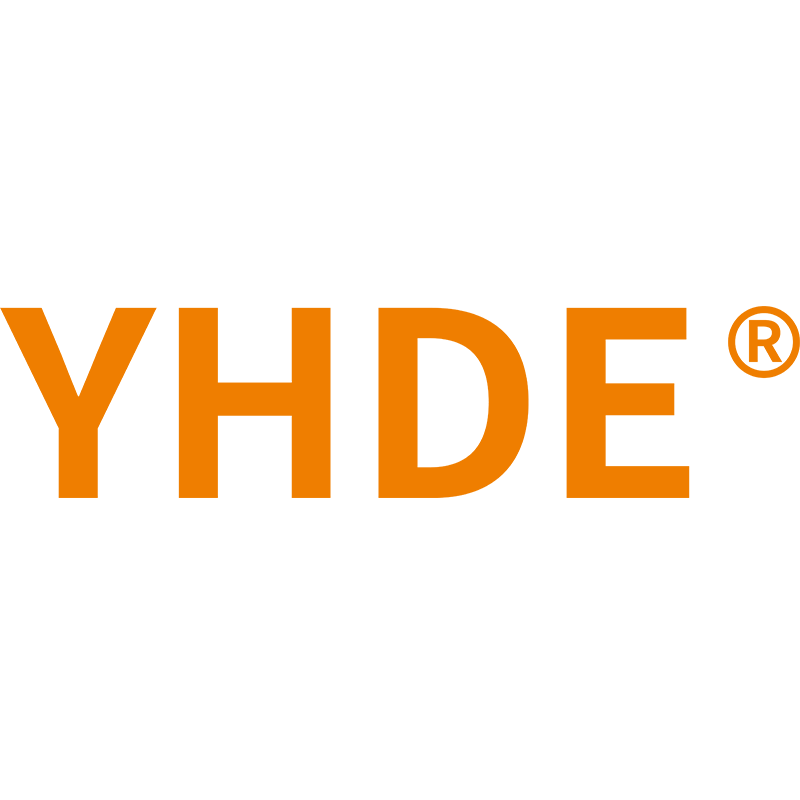How Do Hydraulic Pumps Work: A Complete Guide to Principles and Types
Hydraulic pumps are the heart of any hydraulic system, converting mechanical energy into hydraulic energy. Understanding how they work is essential for selecting the right pump and maintaining optimal system performance. This guide explains the fundamental principles behind hydraulic pumps and introduces the main types available.
The Basic Working Principle of Hydraulic Pumps
Hydraulic pumps operate on a simple but effective principle: they create a vacuum at the pump inlet, allowing atmospheric pressure to push fluid from the reservoir into the pump. The fluid is then carried to the pump outlet and forced into the hydraulic system. This process creates flow rather than pressure - pressure develops as a result of resistance to this flow.
Main Types of Hydraulic Pumps and Their Working Mechanisms
Gear Pumps: Simple and Cost-Effective
Gear pumps are among the most common hydraulic pumps, featuring two meshing gears in a closely fitted housing. As the gears rotate, fluid is trapped between the gear teeth and the housing, carried from the inlet to the outlet side. Their simplicity makes them robust and economical for many applications.
Vane Pumps: Quiet and Efficient
Vane pumps consist of a rotor with extendable vanes that slide in and out as the rotor turns. Centrifugal force pushes the vanes against the housing, creating sealed chambers that increase in size at the inlet (creating a vacuum) and decrease at the outlet (forcing fluid out). This design provides smooth, quiet operation with good efficiency.
Piston Pumps: High-Pressure Capability
Piston pumps use reciprocating pistons in cylinders to move hydraulic fluid. They can be axial or radial design, with the pistons moving parallel or perpendicular to the drive shaft respectively. These pumps offer the highest pressure capabilities and volumetric efficiency among hydraulic pumps.
Key Applications of Hydraulic Pumps in Industry
Hydraulic pumps power countless industrial applications, from construction equipment and manufacturing machinery to agricultural implements and material handling systems. Their ability to generate substantial power in compact spaces makes them indispensable in mobile and industrial equipment.
Selecting the Right Hydraulic Pump for Your Needs
When choosing a hydraulic pump, consider factors like required pressure, flow rate, efficiency, noise level, and cost. While original equipment manufacturer (OEM) pumps offer guaranteed compatibility, high-quality alternative pumps can provide comparable performance at significantly lower costs.
Maintenance Tips for Optimal Hydraulic Pump Performance
Proper maintenance extends hydraulic pump life significantly. Regular fluid checks, filter changes, and system inspections help prevent common issues like cavitation, aeration, and contamination. Using quality replacement parts ensures reliable performance and reduces downtime.
Understanding how hydraulic pumps work helps in selecting the right equipment and maintaining it properly. Whether you need gear pumps for simple applications or high-pressure piston pumps for demanding operations, choosing reliable equipment is crucial. For those seeking cost-effective alternatives to OEM pumps, we offer high-quality replacements that deliver comparable performance at competitive prices. Contact us to find the perfect hydraulic solution for your specific needs.
